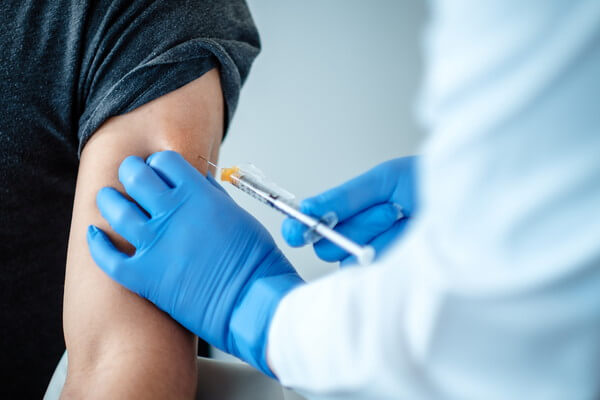January 2nd – The British government recently updated the relevant specifications to allow “mixed vaccination” of COVID-19 vaccines produced by different pharmacistors. Many experts questioned and warned, and even bitterly criticized the move as “regard for science”.
According to the New York Times on the 1st, the British government is currently approving Pfizer and AstraZeneca’s coronavirus vaccine, and recently updated the relevant specifications to allow “mixed vaccination” of approved coronavirus vaccines.
According to the guidelines, if people do not have access to a second dose of the same vaccine, or if the pharmaceutical factory of the first dose is not clear, the second dose can be replaced by the vaccination.
The latest vaccine specification of the British Public Health Department states that different follow-up vaccines can be vaccinated if the patient is at “immediate high risk” or is considered “unlikely to be revaccinated”.
“Because both vaccines are based on spike protein, the second dose is likely to Just to help strengthen the first dose of reaction. Public Health England stressed that individuals “should make every effort” to complete the vaccination schedule of the same vaccine.
The agency pointed out that Pfizer and AstraZeneca vaccine have something in common, and that the clinical trial of “mixed vaccination” will begin this year.
The new vaccine norms in the UK have aroused scientific doubts. John Moore, a vaccine expert at Cornell University in the United States, said bluntly, “there is no data in this regard anyway.” He criticized British officials for “seeming to have completely abandoned science and just tried to get out of chaos through speculation”.
Moore also worries that the rapid push of new relevant norms is “unwise” and may endanger vulnerable people.
In addition, many of the changes in British guidelines were made without public meetings or strong and convincing big data, and Phyllis Tien, an infectious disease physician at the University of California, said, may weaken confidence in vaccination campaigns and public health measures.



